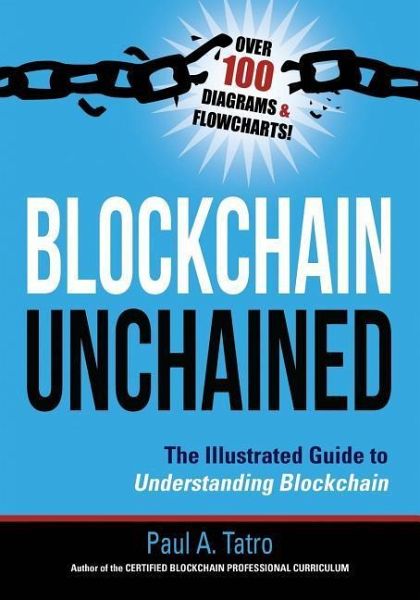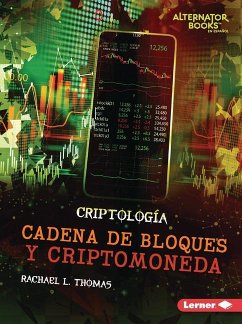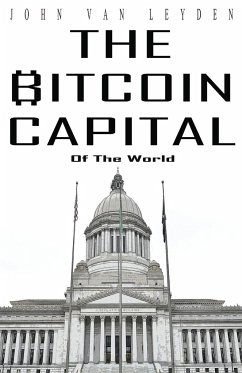
Blockchain Unchained
The Illustrated Guide to Understanding Blockchain
Versandkostenfrei!
Versandfertig in über 4 Wochen
23,99 €
inkl. MwSt.

PAYBACK Punkte
12 °P sammeln!
On October 31, 2008, a 9-page white paper written by a person or group named "Satoshi Nakamoto" was released. The white paper, called "Bitcoin: A Peer-to-Peer Electronic Cash System" was issued to the subscribers of the cryptography mailing list and described a revolutionary technology that created the world's first genuine peer-to-peer, trustless and decentralized monetary system. The internet-based money enabled online payments without a trusted intermediary or third-party and was also not under the control of a government or corporate entity. While Bitcoin was the headliner of the white pap...
On October 31, 2008, a 9-page white paper written by a person or group named "Satoshi Nakamoto" was released. The white paper, called "Bitcoin: A Peer-to-Peer Electronic Cash System" was issued to the subscribers of the cryptography mailing list and described a revolutionary technology that created the world's first genuine peer-to-peer, trustless and decentralized monetary system. The internet-based money enabled online payments without a trusted intermediary or third-party and was also not under the control of a government or corporate entity. While Bitcoin was the headliner of the white paper, it was not the technology that enabled the peer-to-peer, electronic, cash system to work. That technology was called Blockchain. Ironically, the word blockchain was never mentioned in the white paper but was described in detail. So, in early 2009, Bitcoin was released as a public domain piece of software. Among other capabilities, Blockchain enables trust on the Internet between parties who are anonymous. Blockchain is indeed a revolutionary capability that put a new spin on how applications could be built going forward. This is why it is impossible to browse the Internet, pick up a newspaper or magazine and not see a headline referencing Blockchain. One day, Blockchain will be so mainstream that its skeleton will disappear in the same way that electrical wires are part of every wall, but no one notices anymore. But, before then, you should learn what Blockchain is and how it works. Paul Tatro's groundbreaking new book, Blockchain Unchained: The Illustrated Guide to Understanding Blockchain, will help you do exactly that.














